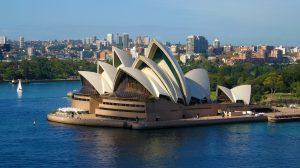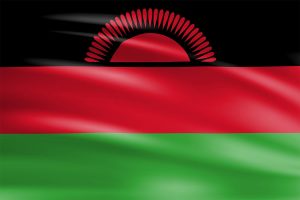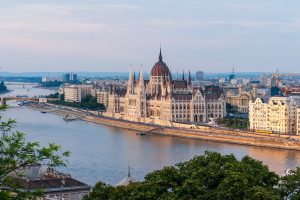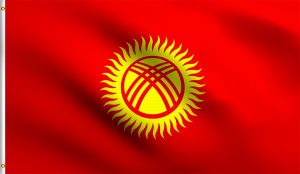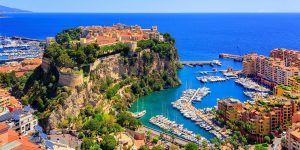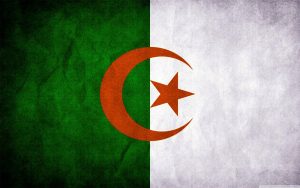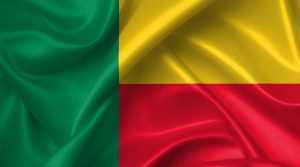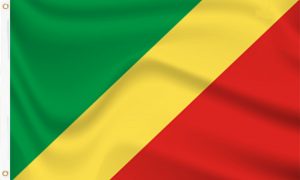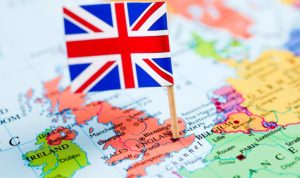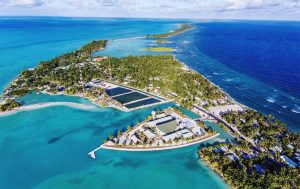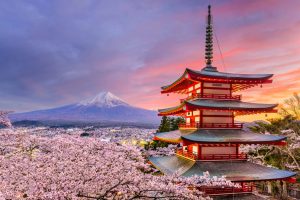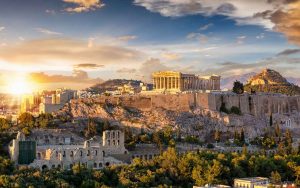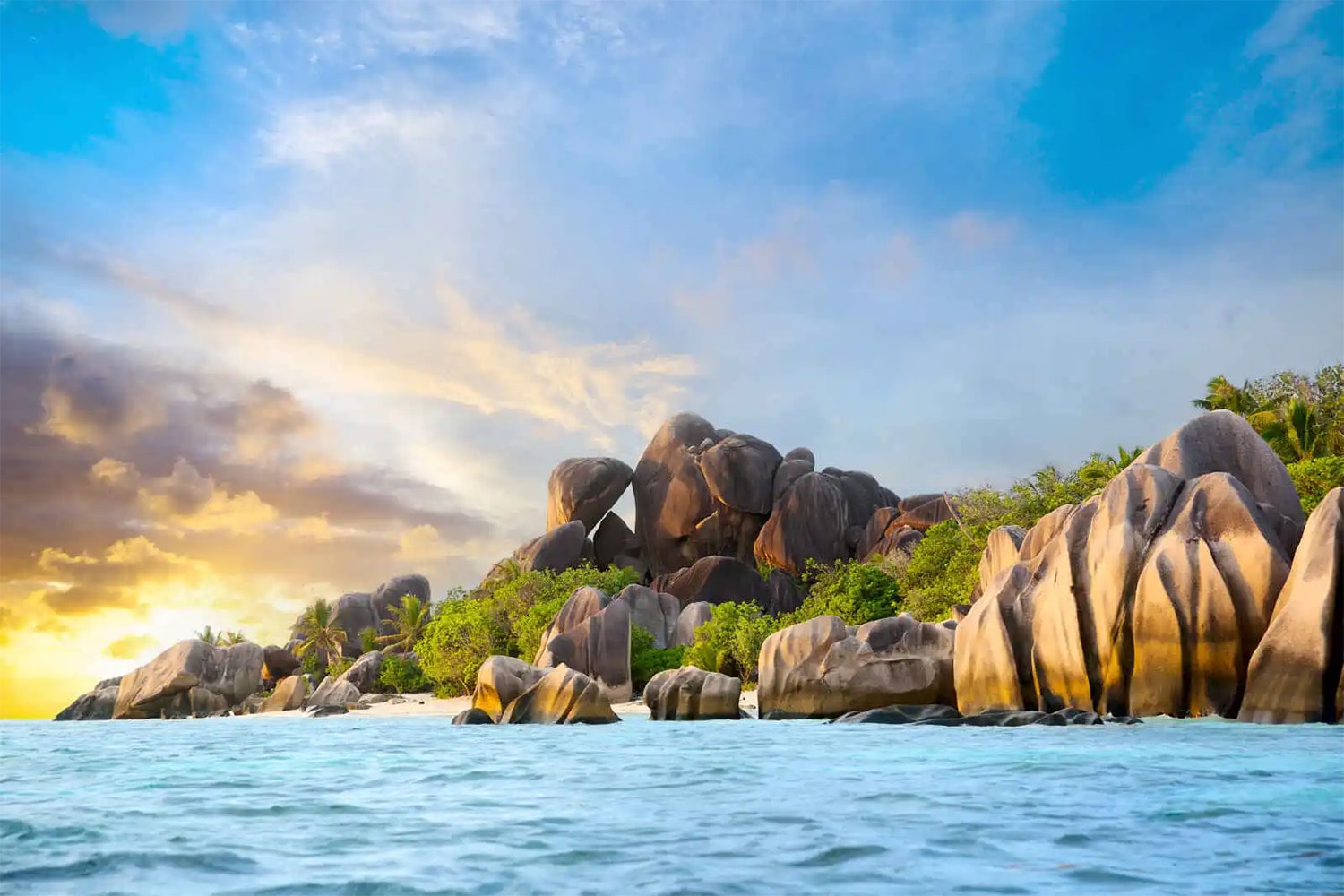
30 interesting facts about Seychelles Islands
- 👁️ 2440
Seychelles, a breathtaking archipelago in the Indian Ocean, epitomizes paradise with its pristine white sand beaches, crystal-clear waters, and lush tropical forests. Despite its reputation as a luxurious vacation spot, Seychelles is rich in cultural diversity, ecological wonders, and historical depth, offering more than just a picturesque getaway. This island nation, comprising 115 islands, has a unique blend of African, European, and Asian influences, reflected in its culture, cuisine, and architecture. Seychelles is not only a haven for beach lovers but also a sanctuary for a wide range of flora and fauna, some of which are found nowhere else on Earth. Let’s explore some interesting and informative facts about Seychelles that showcase its uniqueness and allure.
- Seychelles was first discovered by Portuguese explorer Vasco da Gama in 1502.
- The country gained independence from British colonial rule on June 29, 1976.
- Victoria, the capital city of Seychelles, is the smallest capital in the world and can be explored entirely on foot in less than a day.
- Seychelles is home to two UNESCO World Heritage Sites: Aldabra, the world’s largest raised coral atoll, and Vallée de Mai, a prehistoric forest home to the unique coco de mer palm.
- The coco de mer, native to Seychelles, produces the largest seed in the plant kingdom.
- Seychelles has no indigenous population; the current Seychellois are descendants of settlers from Europe, Africa, and Asia.
- The country’s currency is the Seychellois rupee (SCR).
- Seychelles is among the world leaders in terms of protecting its land and marine areas, with over 50% of its territory declared as national parks or reserves.
- The archipelago is home to the smallest frog in the world, Sooglossus gardineri, which can only be found in the Seychelles.
- Bird Island, the northernmost island of Seychelles, hosts the world’s largest colony of sooty terns.
- Seychelles is the only granite island group in the world, with the majority of its islands being granitic.
- The national dish of Seychelles is fish curry, typically made with coconut milk and a blend of spices reflecting the islands’ multicultural heritage.
- The Aldabra giant tortoise, one of the largest tortoises in the world, is native to Seychelles and can live for over 150 years.
- Seychelles was once a pirate hideout, and it is believed that treasure worth millions is still buried on some of the islands.
- The country operates under a multi-party democratic system and is a member of the Commonwealth of Nations.
- Creole (Seychellois Creole), English, and French are the official languages of Seychelles.
- The rare Seychelles black parrot is the national bird and can only be found in the Praslin island’s Vallée de Mai.
- Seychelles has the smallest population of any African state, with around 98,000 inhabitants.
- The islands are famous for their diverse and vibrant coral reefs, offering some of the best snorkeling and diving experiences in the world.
- The Seychelles warbler, once considered one of the world’s rarest birds, has been saved from extinction through conservation efforts.
- The islands experience a warm tropical climate all year round, making them a perfect destination for tourists at any time of the year.
- Seychelles’ Morne Seychellois National Park covers over 20% of the island of Mahé and includes the country’s highest peak, Morne Seychellois.
- The island of Fregate is known for its luxury resort and conservation efforts, especially for the Seychelles magpie robin.
- Seychelles is one of the world’s leaders in sustainable tourism, aiming to balance environmental preservation with visitor experiences.
- Silhouette Island, the third largest island of Seychelles, is known for its rich biodiversity, including several endemic species of plants and animals.
- The country is a popular destination for weddings and honeymoons, thanks to its scenic beauty and romantic ambiance.
- Seychelles was the filming location for the reality TV show “Survivor: Pearl Islands.”
- The Seychelles sheath-tailed bat is one of the world’s most endangered mammals, with efforts underway to protect its remaining population.
- Seychelles’ Anse Source d’Argent on La Digue is often cited as one of the most photographed beaches in the world.
- The islands’ diverse ecosystems are a result of isolation from mainland Africa, leading to a high degree of endemism among its flora and fauna.
Seychelles is not just a postcard-perfect destination but a vibrant mosaic of natural wonders, cultural richness, and environmental conservation. From its unique wildlife and lush landscapes to its historical intrigue and commitment to sustainability, Seychelles offers a world of discovery and adventure. Whether one is drawn to its ecological treasures, serene beaches, or the warm hospitality of its people, Seychelles remains an enchanting destination that captivates the hearts of all who visit. Its dedication to preserving its natural and cultural heritage ensures that Seychelles will continue to be a paradise not just for tourists but for future generations to cherish.
